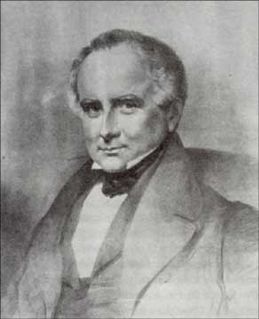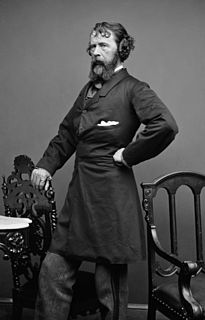A Quote by George Bernard Shaw
We don't bother much about dress and manners in England, because as a nation we don't dress well and we've no manners.
Related Quotes
Objectively, class differences in accent, dress, manners, and general style of life are very much smaller; and one cannot, strolling about the street or travelling on a train, instantly identify a person's social background as one can in England. Subjectively, social relations are more natural and egalitarian, and less marked by deference, submissiveness, or snobbery, as one quickly discovers from the cab-driver, the barman, the air-hostess and the drug-store assistant.
This is another thing which I really like investigating in my novels: what is it that makes an intimate society, that makes a society in which moral concern for others will be possible? Part of that I think are manners and ritual. We tried to get rid of manners, we tried to abolish manners in the '60s. Manners were very, very old-fashioned and un-cool. And of course we didn't realise that manners are the building blocks of proper moral relationships between people.
Simplicity is the base of everything. At the end of the day if you feel good about yourself, you don't need anything. You don't have to depend on the power of a dress to dress you up. You wear dress the dress, it's not the opposite. It's not only a designer, it's not only just fashion, it's a philosophy. It's a lifestyle.







































